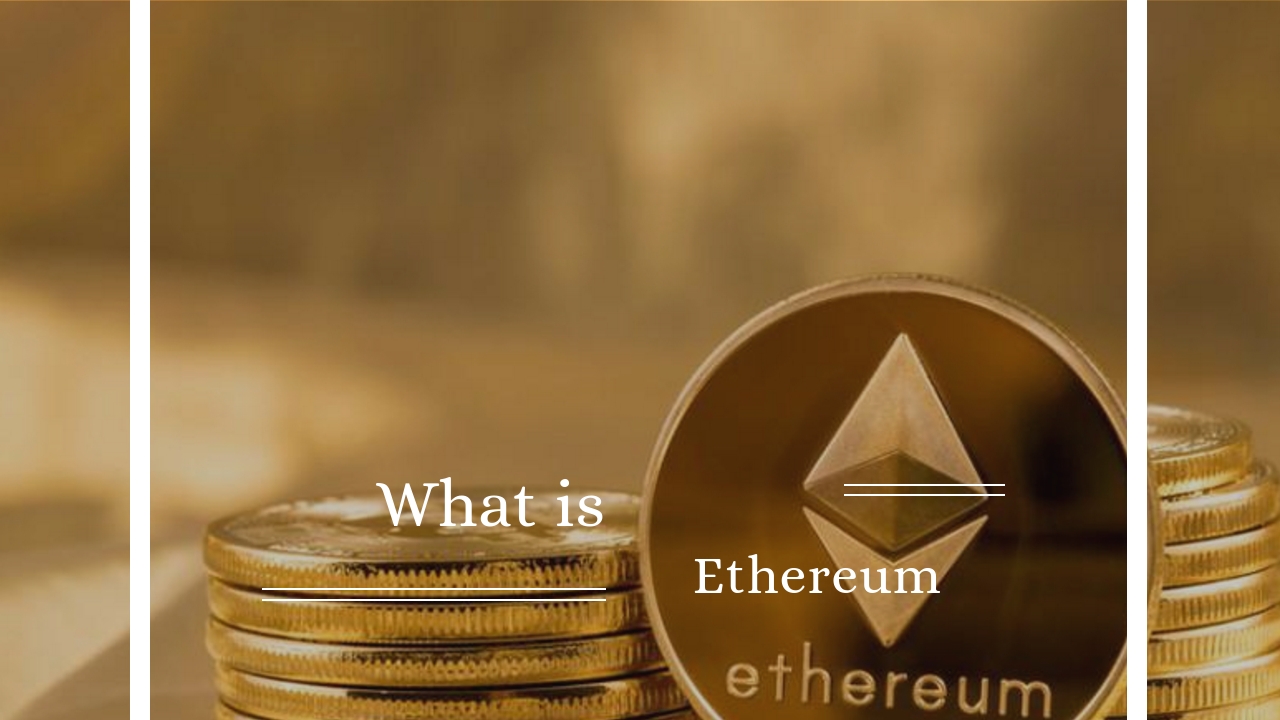Ethereum isn’t your average cryptocurrency. Here’s what makes it different.
With more than 1,300 cryptocurrencies, Ethereum has risen to the top of the pile. Its name often mentioned in the same as Bitcoin.
Ethereum functions as a cryptocurrency much like most others. Ethereum’s works in a similar manner to Bitcoin. You can buy and sell it, with confirmations for transactions handled over the blockchain. It’s entirely decentralized, with no banks providing the confirmations needed to validate transactions.
In that way, the broad strokes of Ethereum are similar to Bitcoin and other cryptocurrencies. It means owners can use Ether for conducting transactions online, or save it and potentially make money from its growing value — it grew from around $10 per Ether at the start of 2017, to more than $1,100 at the start of the next.
What does it mean for the future?
System “smart contracts” could free individuals from the constraints of the legal system and big business.
Like other cryptocurrencies, Ether is prone to wild fluctuations in value too, as we’ve seen in recent months. Whether Ethereum is sturdy enough to survive long-term, or is an ephemeral trend, remains up in the air.




